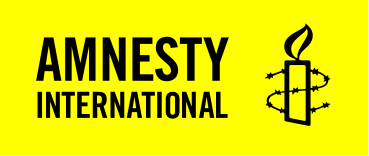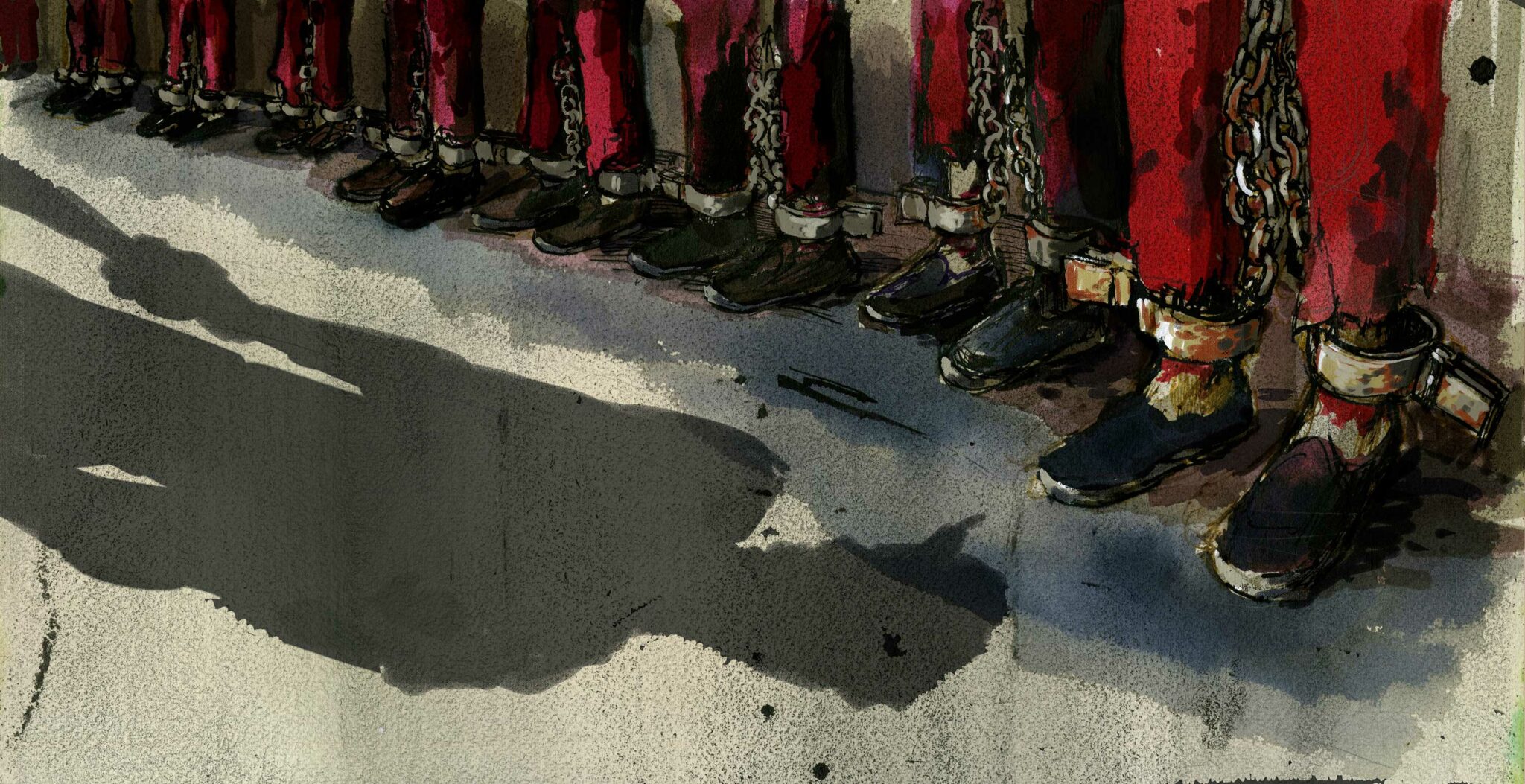Restrictions on former camp detainees’ freedom to leave the country
Many former detainees told Amnesty that regaining their freedom of movement – to travel abroad and, in some cases, to travel within China outside their home villages – was contingent upon having one or more guarantors who agreed in writing that they themselves would be sent to a camp if the person they were guaranteeing spoke or shared information about the internment camp system. [[[Amnesty International interviews.]]] One older woman said she needed many guarantors to leave China. [[[Amnesty International interviews.]]]
It has been difficult for minorities in Xinjiang to travel abroad for years. [[[See Human Rights Watch, “One Passport, Two Systems: China’s Restriction on Foreign Travel by Tibetans and Others,” 13 July 2015 →]]] The restrictions became more severe in 2015 and 2016, when members of ethnic minority populations were required to hand in their passports to the authorities. Since 2017, it has been nearly impossible for Uyghurs to leave China (For more on the difficulties faced by members of ethnic minorities who attempt to go abroad see Chapter 2). [[[Edward Wong, New York Times, Police Confiscate Passports in Parts of Xinjiang, in Western China,” 1 December 2016 →; Human Rights Watch, “China: Passports Arbitrarily Recalled in Xinjiang: Heightened Control Over Travel for Residents of Uighur Muslim Region,” 21 November 2016 →; Uyghur Human Rights Project, “Weaponized Passports: The Crisis of Uyghur Statelessness,” April 2020 →]]]
Kazakhs’ movements have also been restricted; however, some Kazakhs with Kazakhstani citizenship or strong family ties to Kazakhstan have been able to leave China. Some observers have suggested that Kazakhs may have been released because of diplomatic interventions by Kazakhstani officials or because of the efforts of human rights organizations based in Kazakhstan.
Before leaving, people must go through a labyrinthine bureaucratic process to get their passports back and to secure permission to go abroad. [[[Amnesty International interviews.]]] Ex-detainees face a further round of interrogations by security personnel and must sign additional documents stating they will not say anything about being in a camp or else their family members will be sent to a camp.
A few detainees were forced to give video testimonies before leaving the country. Aldiyar, who spent several months trying to secure permission to travel to Kazakhstan, told Amnesty International he was forced to make a video extolling the benefits of the education he received in the camp before he was allowed to leave.
One week [after I got my passport back], people from the police called me again. Then they took my passport again and said they would keep it until a county-level official signed [the form]. And then they gave me a piece of paper to sign saying I would not disclose anything about the camp or the secrets of the People’s Republic of China, and I signed it. I made an oath that I would not disclose… After I signed, three or four cadres came to my house. They came with cameras. Before they started filming me, they told me what to say – that I went to school and that I got knowledge and that I was happy with the government and with the opportunity to gain knowledge… In front of the camera I said that the Party was taking good care of me and that the government was helping the poor people… and that during the seven or eight months of my schooling the teacher and others were friendly and that they taught me well… I was instructed to say this, so I said it. They saved the tape. They repeated to me not to say anything bad. Then I signed the paper where I said I would. Then they gave me my passport back. [Then I left the country]. [[[Amnesty International interviews.]]]
Ibrahim told Amnesty he was interrogated several times while trying to get passports for his family to go to Kazakhstan. Security officials told him repeatedly that he could not talk about what happened in the camps and that he had to swear on video that he would never disclose anything about the situation. His parents were also required to sign letters of guarantee. “My parents had to say, ‘I do give my consent and I will be taken to a camp if my son ever speaks to foreign media and discloses what happened in camp’,” [[[Amnesty International Interviews.]]] he told Amnesty. Several months later, his family was given their passports.
Former detainees who managed to go aboard were often threatened with punishment if they did not return on time. [[[Amnesty International Interviews.]]] Khaina told Amnesty she was continually harassed by officials after she arrived in Kazakhstan. “Once I came to Kazakhstan, I thought I was free… But [government officials] kept calling. I realized that they would never let me live in peace,” she said. [[[Amnesty International Interviews.]]] Former detainees told Amnesty they believe their family members were sent to camps because they left the country. [[[Amnesty International Interviews.]]]
Former detainees reported that government officials called them and threatened to send their family members to camps if they did not return or if they spoke out. Merdan told Amnesty that when he left Xinjiang he was told he would be sent to a camp if he did not return on time. When he did not return promptly, police called him and said they would take his father and father-in-law to a camp if he did not return. [[[Amnesty International Interviews.]]]
Former detainees living abroad described being called by family members in Xinjiang – who were in the presence of government officials – asking them to return and saying that if they did not, the family member would be sent to a camp. Kuanish told Amnesty that police called him with his son, and his son said he was going to be detained if the man did not return. [[[Amnesty International Interviews.]]] Since that phone call, Kuanish has been unable to speak with his family. “I have no idea where my children are. I have no information,” he said.



